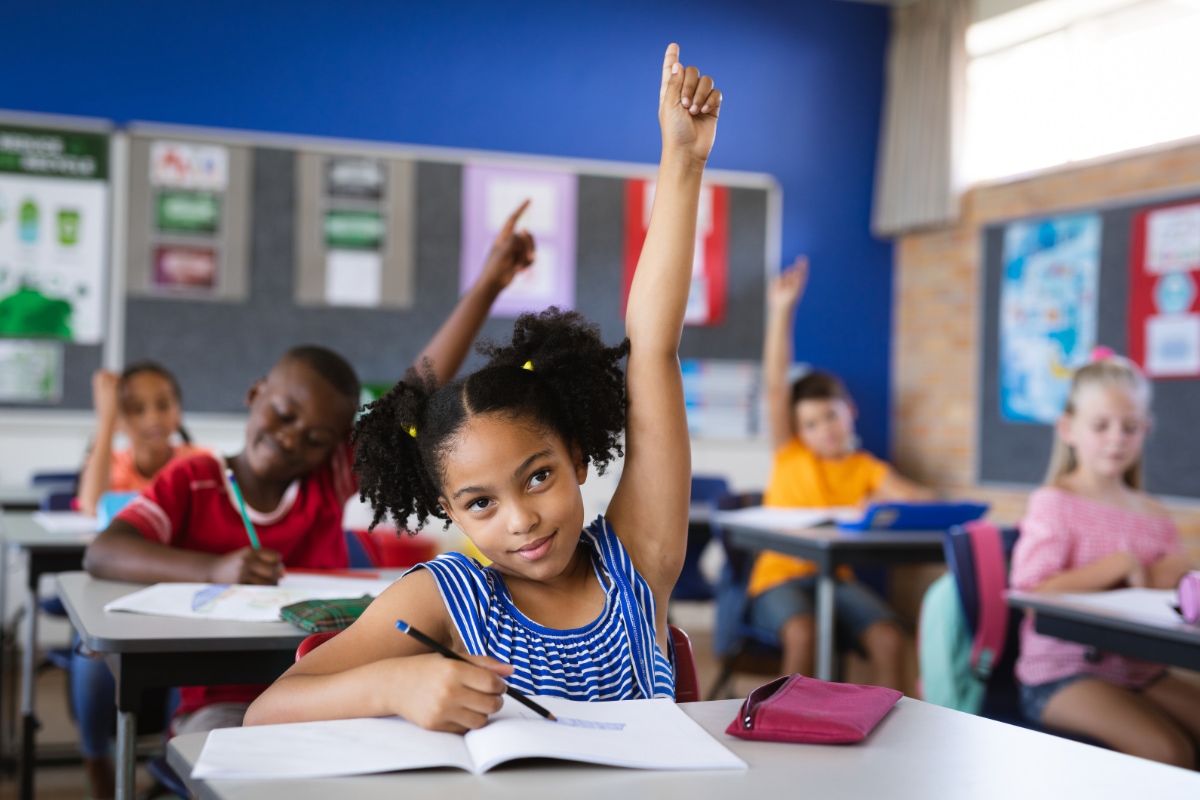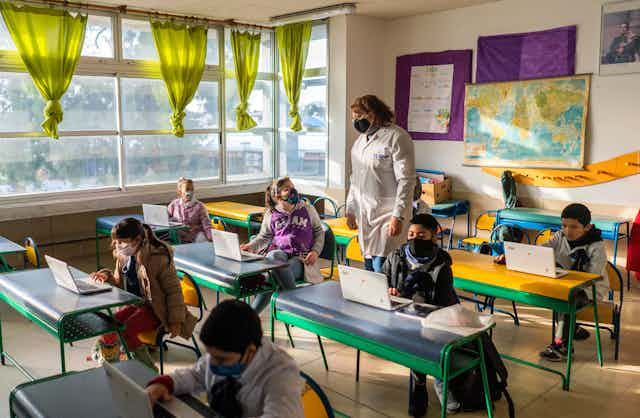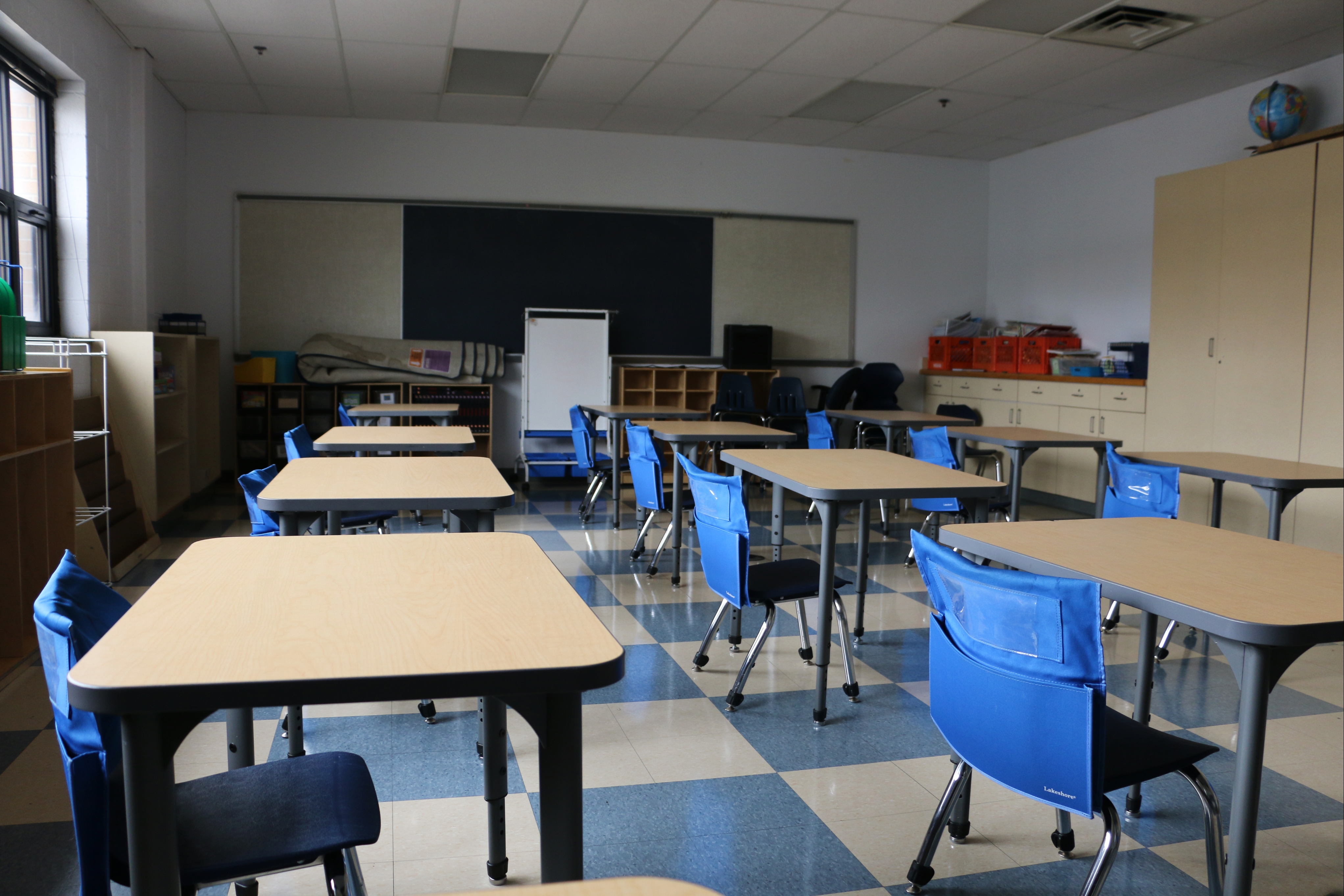Fundraising Ideas to Assist In Saving Temecula Schools and Programs
Fundraising Ideas to Assist In Saving Temecula Schools and Programs
Blog Article
The Influence of Institution Environments on Academic Success and Personal Well-Being
The design of academic areas, including natural lights and ergonomic furniture, can improve trainees' focus and convenience. Just how can colleges tactically improve these facets to much better sustain their pupils?
Physical Layout and Style
Just how does the physical format and design of an institution impact academic success? The arrangement and aesthetic of a college atmosphere can substantially influence students' understanding outcomes. A well-designed college layout advertises simplicity of movement, reduces diversions, and cultivates a feeling of safety and belonging. For example, broad hallways and plainly marked locations facilitate smooth changes between classes, lessening lateness and disturbance. In addition, purposefully positioned usual areas motivate social interactions, which are essential for social and emotional development.
All-natural lights and efficient air flow systems are crucial in enhancing cognitive function and minimizing absenteeism. Research studies have actually shown that class with adequate natural light boost student focus and lower sensations of drowsiness. In addition, ergonomic furnishings customized to students' needs can avoid physical pain, permitting for prolonged focus and engagement in academic tasks.
Access to outdoor areas and aesthetically pleasing surroundings additionally play a vital duty - Save Temecula Schools. Eco-friendly areas and well-kept school grounds offer opportunities for exercise and mental relaxation, both of which are necessary for maintaining high degrees of scholastic performance. Essentially, an attentively made physical setting can work as a catalyst for academic excellence, fostering an atmosphere that supports both teaching and understanding
Class Environment
An atmosphere that promotes a sense of security, inclusivity, and mutual respect urges trainees to engage even more actively in their understanding processes. The ambiance of a class, consisting of aspects such as illumination, noise degrees, and seating setups, can dramatically impact student focus and motivation.
Furthermore, the class atmosphere need to sustain a culture of partnership and open interaction. When trainees really feel comfortable sharing their concepts and asking questions, they are more probable to engage deeply with the product and create essential thinking abilities - Save Temecula Schools. Peer interactions and group activities can boost discovering by fostering and offering diverse perspectives teamwork
Furthermore, establishing clear assumptions and consistent routines can develop a structured atmosphere that enables trainees to concentrate on their researches. By reducing uncertainty and supplying a foreseeable framework, pupils can better manage their time and obligations. Ultimately, a favorable classroom environment not just boosts academic performance but likewise contributes to the overall well-being of students, preparing them for future academic and individual undertakings.
Teacher-Student Relationships
Structure on the importance of a favorable classroom atmosphere, the partnerships in between instructors and trainees play an essential function fit scholastic success. A healthy and balanced teacher-student relationship fosters a discovering environment where pupils feel valued, understood, and sustained, which substantially improves their motivation and involvement. When pupils view their teachers as approachable and empathetic, they are a lot more likely to participate proactively in course and seek assistance you could check here when needed, adding to a deeper understanding of the subject matter.

This trust fund allows trainees to express their issues and ideas openly, cultivating a joint discovering atmosphere. In essence, solid teacher-student relationships are a cornerstone of instructional success, playing an essential function in both academic success and individual development.
Peer Communications
Peer communications substantially influence scholastic success by forming a trainee's cognitive and social advancement. Within the college atmosphere, peer connections act as a fundamental element for learning and individual development. Positive peer communications can boost a student's motivation and involvement in scholastic activities through collective understanding and mutual support. When pupils collaborate in group settings, they exchange concepts, address problems jointly, and develop vital believing abilities. Such interactions cultivate a feeling of belonging and neighborhood, which is necessary for psychological health and scholastic determination.

Efficient peer interactions also add to the advancement of crucial life skills, such as teamwork, interaction, and conflict resolution. These social competencies are important for both academic success and individual well-being, emphasizing the value of promoting favorable peer characteristics within the college setting.
After-school Activities
Taking part in extracurricular activities plays a crucial function in a student's academic success and personal growth. These tasks, varying from sporting activities teams to question clubs, provide students chances to sharpen valuable skills such as management, time monitoring, and team effort. Study consistently shows that pupils that take part in extracurricular activities tend to accomplish higher scholastic efficiency. This correlation is often credited to the organized atmosphere and the discipline required to balance both academic and extracurricular commitments.
Furthermore, extracurricular involvement cultivates a sense of belonging and check here community, which is vital for personal well-being. Participating in team activities enables trainees to construct and enhance social networks, boosting their social and psychological knowledge. These interactions are crucial for developing social abilities that are valuable in both future and academic specialist settings.
Additionally, after-school activities offer a positive outlet for students to discover their passions and passions past the common curriculum. This expedition can lead to the discovery of new skills and potential career paths, better inspiring students to engage more deeply in their academic work. In conclusion, the function of after-school activities extends beyond simple leisure; they are important to fostering an alternative academic experience that promotes both scholastic success and personal growth.
Final Thought
In sum, the influence of school environments on both scholastic success and individual well-being is profound. Attentively made physical layouts and classrooms, in addition to favorable teacher-student partnerships and positive peer communications, significantly enhance student motivation and engagement. Moreover, the visibility of helpful educators can mitigate anxiety, fostering a supporting ambience for alternative development. These components collectively underscore the importance of producing and keeping optimum institution settings for the advantage of trainees' academic and individual development.
Ultimately, a positive class ambience not only boosts scholastic efficiency however also adds to the anchor overall well-being of pupils, preparing them for future educational and personal ventures.

Report this page